Chief Executive of the Hong Kong Special Administrative Region (HKSAR) John Lee Ka-chiu said on Tuesday that the U.S.' imposition of tariffs is a ruthless behavior that harms global trade, and the HKSAR will strengthen its strategy in seven areas, according to the South China Morning Post (SCMP).
Last week, the U.S. announced the imposition of so-called reciprocal tariff on trading partners around the world, including an additional 34 percent tariff on Hong Kong products. Together with a 20 percent tariff announced earlier, the total tariff imposed on Hong Kong products is up to 54 percent, the SCMP reported.
"The U.S. no longer adheres to free trade, arbitrarily undermining the internationally established rules of world trade. And its ruthless behavior damages global and multilateral trade," Lee was quoted by the SCMP as saying.
To mitigate the impact, the HKSAR government will strengthen its strategy in seven areas, Lee said.
According to Lee, Hong Kong will seize national development opportunities and integrate itself into the national development framework. Lee said the city would also strengthen international exchanges and deepen regional ties by signing more free trade agreements with other countries.
Additionally, among other areas, the city will also step up accelerating industrial transformation, developing technological innovation and attracting top-tier talent, strengthening international financial cooperation to attract investments and capital, luring in more foreign companies and capital to the city, according to the SCMP report.
HKSAR's Financial Secretary Paul Chan Mo-po on Monday also denounced Washington's tariff moves as bullying and unreasonable and a violation of WTO rules at a press conference, according to remarks posted on HKSAR's official website.
"The U.S. announced last week that it would impose so-called reciprocal tariffs on nearly all its trading partners, a bullying and unreasonable practice that violates the rules of the WTO, deeply undermining the multilateral trading system, which is the cornerstone of international trade, disrupting global supply chains, and severely impacting the global economic recovery process," said Chan.
The international community and investment markets oppose the U.S. approach, which uses the name of "reciprocal tariffs" to exercise hegemony in reality, causing harm to global development at different levels, Chan said.
Chan noted that at the economic level, the market estimates that the U.S. economy may fall into recession, and the global economy will also be dragged down. At the corporate level, supply chains are severely disrupted, and many companies that export to the U.S. will be hard hit. At the consumer level, American consumers are the first to bear the brunt of this, the HKSAR financial chief said.








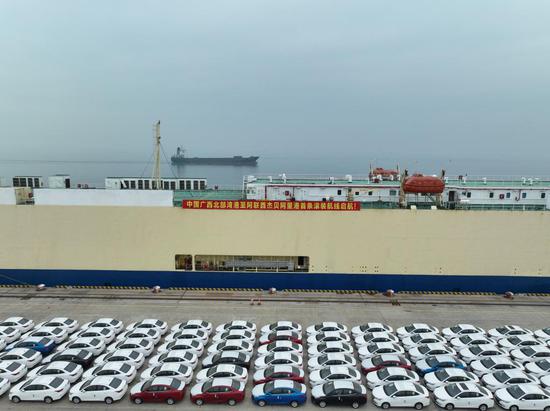



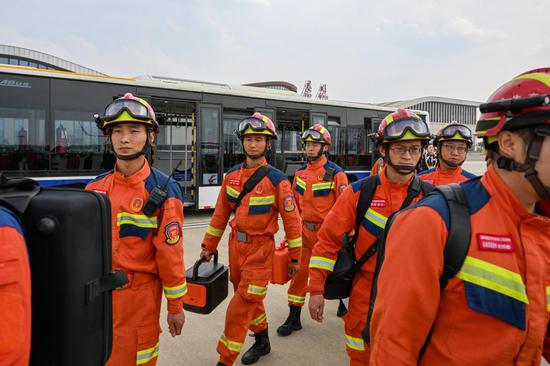
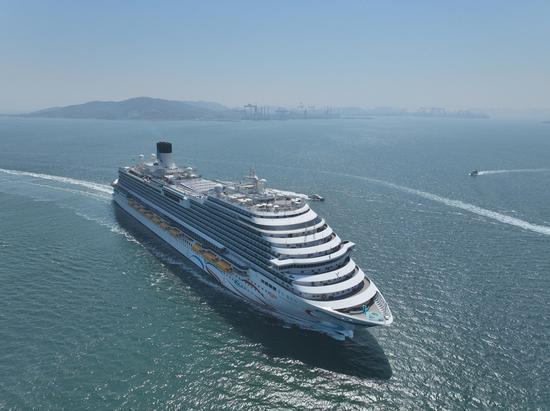
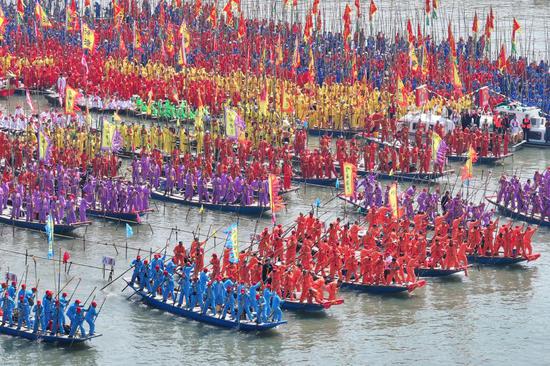

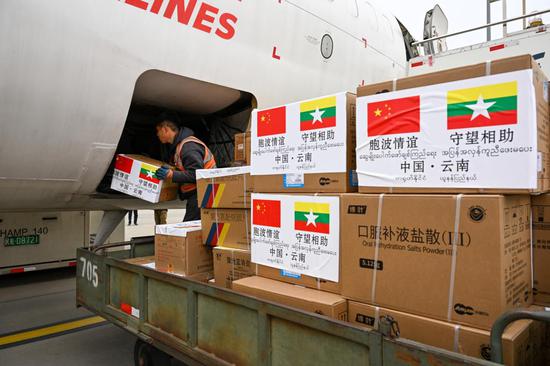


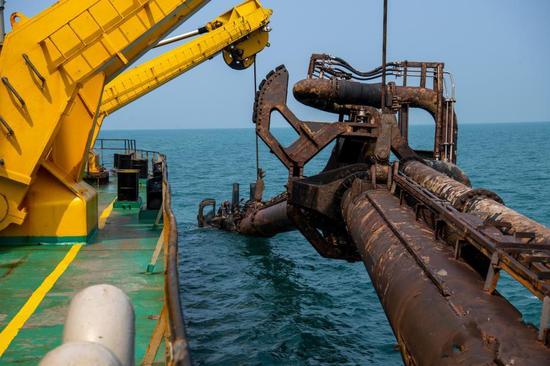




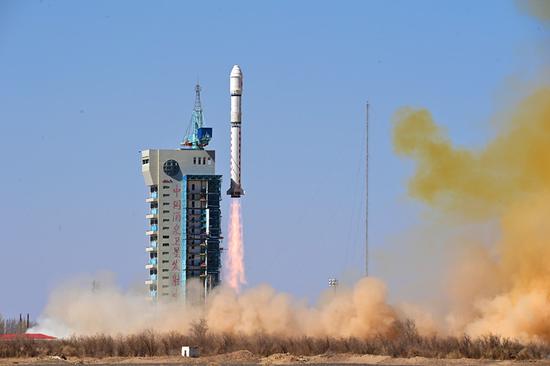

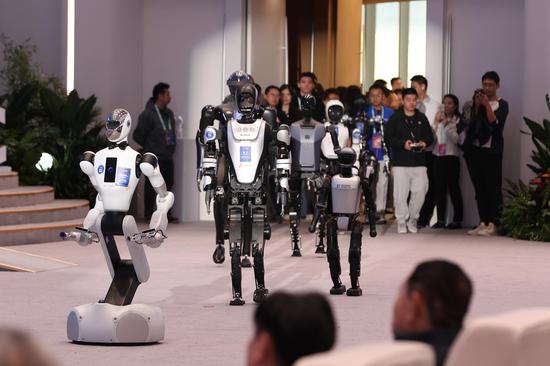

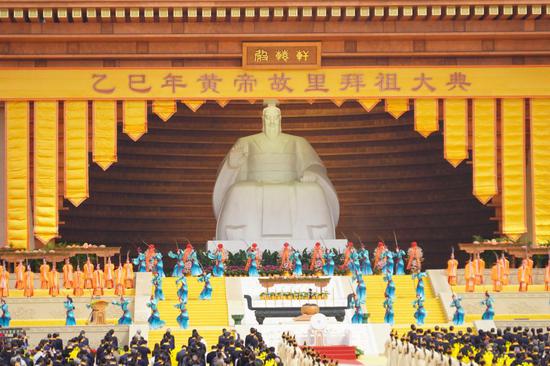

















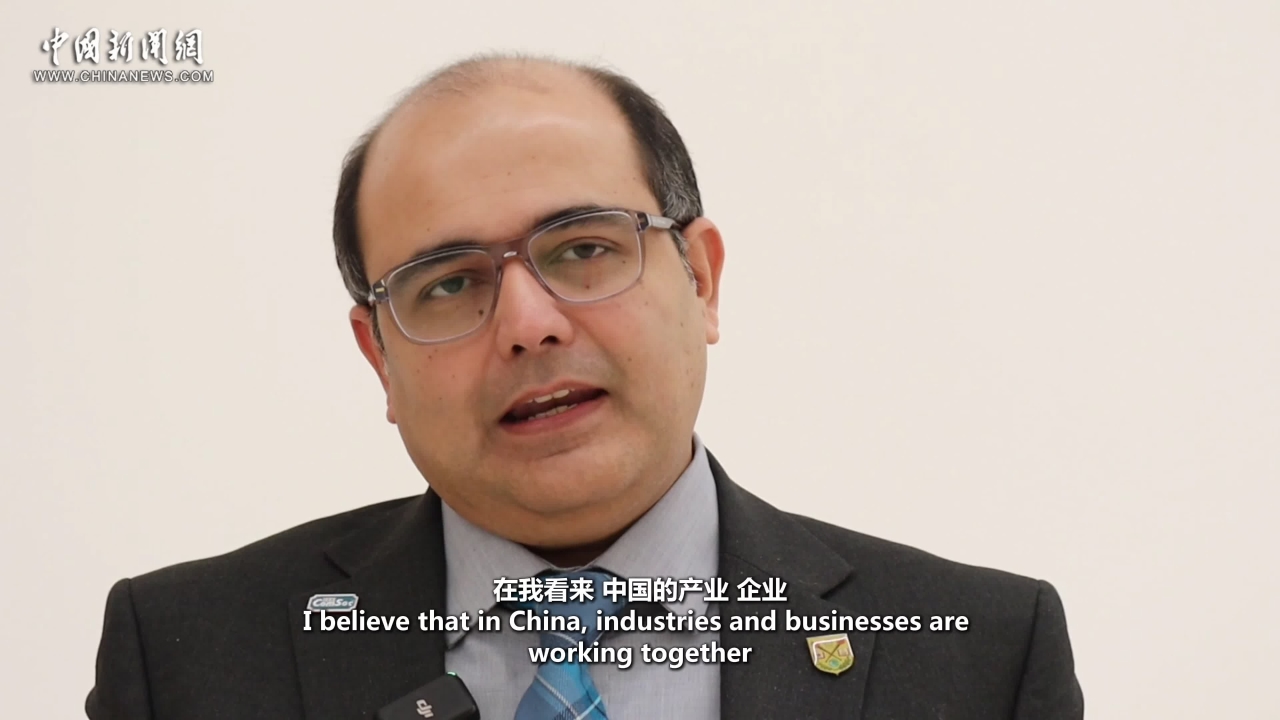



 京公網安備 11010202009201號
京公網安備 11010202009201號